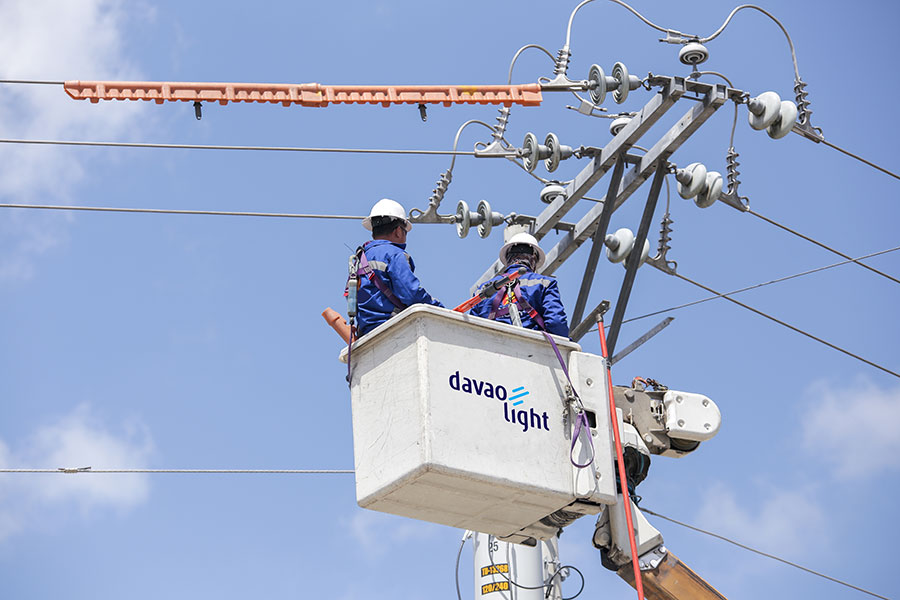"The model that we have now is what EPIRA envisioned, and it is working," Rubio said, putting emphasis on how the Retail Competition and Open Access (RCOA) under EPIRA has allowed for lower electricity prices and has given customers the power to choose the energy products and services that best fit their needs.
Established in 2014, EPDP was a four-year project of the United States Agency for International Development (USAID) and the Philippines, which focused on strengthening policymaking in the energy sector. For its culminating activity, EPDP invited distinguished guests from the government, private sector, and academe, among others.
AboitizPower, represented by Rubio, was invited as the lone private sector panelist at the EPDP forum on Electricity Policy in the Philippines: Generation, Institutions, and Prices, joining Sen. Sherwin Gatchalian (Senate Committee on Energy), Usec. Jesus Posadas (Department of Energy), Usec. Adoracion Navarro (National Economic Development Authority), Dr. Raul Fabella (EPDP), and Dr. James Roumasset (EPDP).
The panelists shared insights on some of the most pressing concerns faced by the country's energy sector today.
Asked about the challenges of continuing power sector reform in the Philippines, Sen. Gatchalian said that attracting talent is a big challenge for the government as private sectors' compensation packages are more competitive. He also added that there is a need for the government to step up to stay ahead of the curve against the private sector.
Meanwhile, Usec. Navarro focused on initiatives to meet the country's estimated power need by 2040, which would be 43,675 megawatts. These include speeding up power generation projects, streamlining business processes, developing the natural gas industry, implementing transmission facility programs, and encouraging competition to further drive down prices. Usec. Navarro said that while prices have gone down, RCOA is not yet fully implemented.
Rubio, however, said that the power sector is in the right direction of providing more energy options for consumers. To sustain this, he emphasized the importance of a balanced mix strategy to meet the country's energy trilemma of energy security, energy equity, and environmental sustainability.
"We continue to grow our renewables, but at the same time, we want to make sure that we have other reliable energy sources to support the country's fast-growing power demand," he said.
True to its goal of formulating evidence-based policies and strategies, EPDP's efforts during its four-year run have significantly made an impact on energy sector development in the country. With this key contribution, it was only fitting that EPDP culminated with the remarkable launch of its legacy book project entitled "Powering the Philippine Economy: Electricity Economics and Policy", as well as an insightful panel discussion between energy industry leaders.
The EPDP may have come to an end but AboitizPower will continue to seek opportunities to aid in the development of the country's energy sector.
"It's an honor for us at AboitizPower to be part of EPDP's culminating activity. We had been supportive of their goal of helping the government and private sector come up with informed decisions in the energy industry. As a major player, AboitizPower remains committed to advancing business and communities by providing Filipinos with reliable, sustainable, and affordable power," Rubio said.



